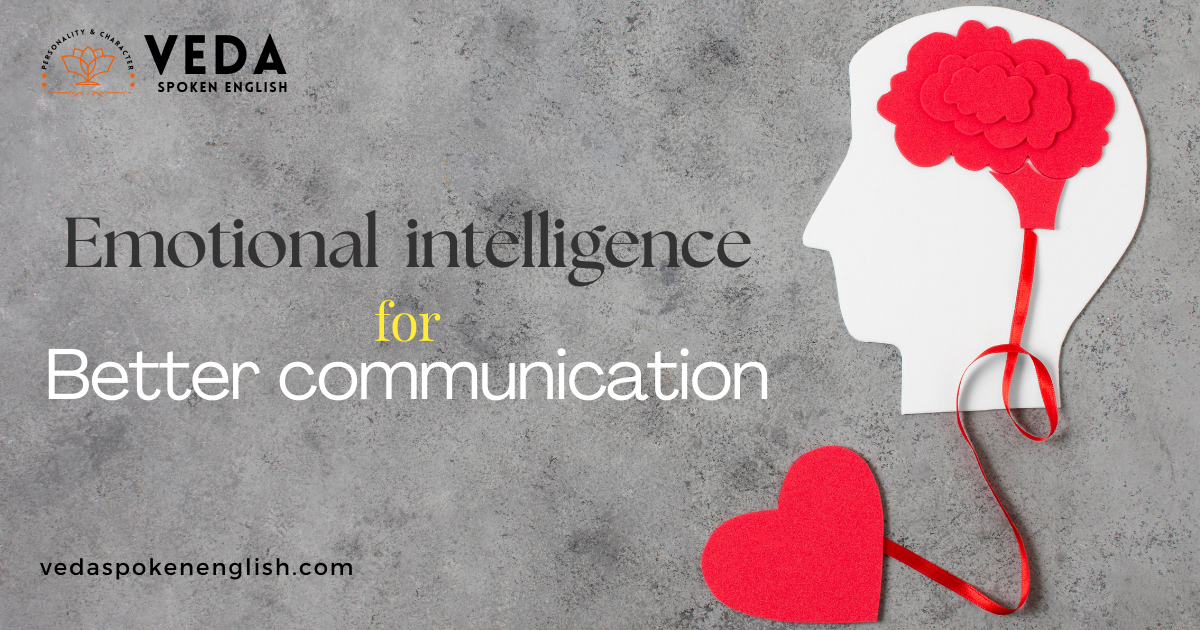
Emotional Intelligence Unlocking the Power
In today’s fast-paced world, where relationships and communication form the backbone of personal and professional success, emotional intelligence has become a game-changer. It’s no longer just about IQ; emotional intelligence is the cornerstone of meaningful connections and effective leadership. But what exactly is emotional intelligence, and how can it transform your life .
Understanding Emotional Intelligence
At its core, is the ability to recognize, understand, and manage your own emotions while being attuned to the emotions of others. It’s not just about feeling; it’s about knowing what those feelings mean and how to use that knowledge to make decisions, resolve conflicts, and foster deeper relationships.
Imagine walking into a meeting where tensions are high. Instead of reacting impulsively, you assess the emotions in the room, understand the underlying concerns, and address them with empathy. That’s the power of emotional intelligence at work.
Why Emotional Intelligence Matters
- Navigate challenging conversations with ease.
- Build trust and rapport with others.
- Lead with empathy and clarity.
- Adapt to stressful situations without losing control.
Moreover, emotional intelligence plays a crucial role in mental health. By understanding and managing emotions, individuals can reduce stress, avoid burnout, and foster a greater sense of self-worth. It’s a skill that extends far beyond the workplace, influencing every aspect of life.
Emotional Intelligence and Leadership
Leadership isn’t just about giving orders; it’s about inspiring and guiding others. Leaders who prioritize emotional intelligence and leadership create a positive work environment where employees feel valued and motivated. They’re not just managers; they’re mentors who understand the importance of emotional connections.
Consider a leader who listens actively, acknowledges their team’s emotions, and responds thoughtfully. Such a leader fosters loyalty, boosts morale, and drives productivity—all thanks to their emotional intelligence skills. Effective leaders with high emotional intelligence inspire innovation and create a culture of trust, making organizations more resilient and adaptive to change.
Real-Life Applications of Emotional Intelligence
The true value of emotional intelligence lies in its practical application. Whether it’s resolving conflicts with colleagues, comforting a friend in distress, or managing challenging family situations, emotional intelligence equips you with the soft skills needed to respond with compassion and clarity. In professional settings, these essential soft skills enhance teamwork and collaboration, ensuring that projects progress smoothly even under pressure.
For example, think of a project manager who diffuses tension during a tight deadline. By recognizing the stress levels of their team and addressing concerns constructively, they not only complete the task but also strengthen the team’s bond. This is the essence of developing emotional intelligence—using it as a catalyst for growth and harmony.
How to Develop Emotional Intelligence
- Self-awareness: Pay attention to your emotions and triggers. Journaling or mindfulness practices can help you reflect on your feelings.
- Empathy: Practice putting yourself in others’ shoes. Listen without judgment and try to understand their perspective.
- Social skills: Improve communication by being clear and assertive while respecting others.
- Self-regulation: Learn to manage your reactions during stressful situations. Deep breathing and pauses can prevent impulsive responses.
- Motivation: Stay focused on your goals and keep a positive outlook, even in the face of challenges.
By integrating these practices into your daily routine, you’ll see noticeable improvements in your relationships, decision-making, and overall happiness.
The Role of Emotional Intelligence in Personal Growth
When you invest in developing emotional intelligence, you’re not just improving your interactions with others; you’re also enhancing your own mental well-being. Emotional intelligence allows you to:
- Handle setbacks with resilience.
- Cultivate healthier relationships.
- Achieve greater satisfaction in both your personal and professional life.
Why Emotional Intelligence Training is Essential
Such training often includes exercises to boost self-awareness, role-playing scenarios to practice empathy, and feedback sessions to refine social skills. By participating in these programs, individuals gain insights into their emotional patterns and learn strategies to transform weaknesses into strengths.
Emotional Intelligence in Relationships
Emotional intelligence isn’t just for professional settings; it’s equally impactful in personal relationships. By mastering soft skills through an advanced spoken English course, you can better understand your partner’s emotions and communicate your own effectively, fostering stronger and more fulfilling connections.
For example, addressing conflicts with empathy and patience can prevent misunderstandings from escalating. Recognizing non-verbal cues, such as body language and tone, can also provide deeper insights into your loved one’s feelings, fostering trust and intimacy.
Conclusion: Embrace Emotional Intelligence
The beauty of emotional intelligence lies in its ability to transform lives. It empowers you to connect authentically, lead with compassion, and navigate life’s complexities with grace.
So, take the first step. Invest in training and embark on a journey of self-discovery and growth. Let it be the compass that guides you to a more fulfilling and impactful life.
FAQ’S :
1 . What are the 5 keys of emotional intelligence?
The five keys of emotional intelligence are self-awareness, self-regulation, motivation, empathy, and social skills.
2 . How to master your emotions?
Master your emotions by practicing self-awareness, empathy, self-regulation, mindfulness, and staying focused on your long-term goals.
3 . How can I improve my EQ?
Improve your EQ by practicing self-awareness, empathy, active listening, stress management, effective communication, and emotional regulation daily.
4 . How much EQ is normal?
EQ varies by individual, but a balanced EQ involves self-awareness, empathy, communication, and emotional regulation for effective relationships.
5 . How to overcome emotional weakness?
Overcome emotional weakness by building self-awareness, practicing resilience, seeking support, managing stress, fostering positivity, and setting healthy boundaries.
